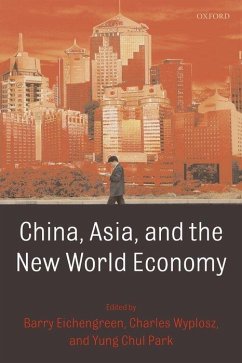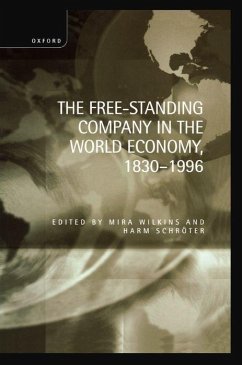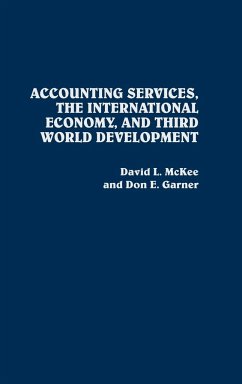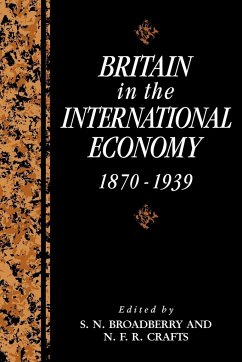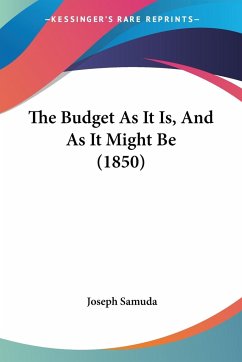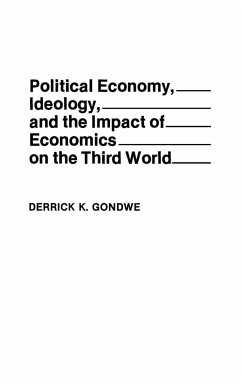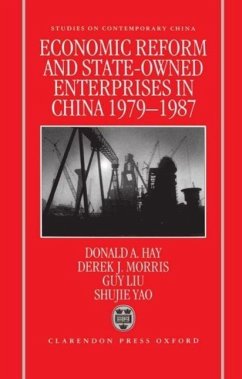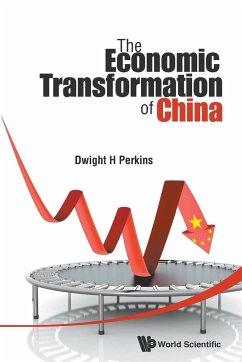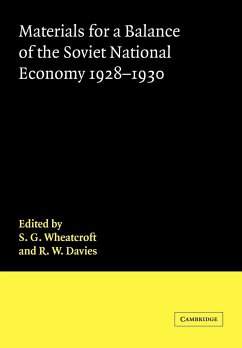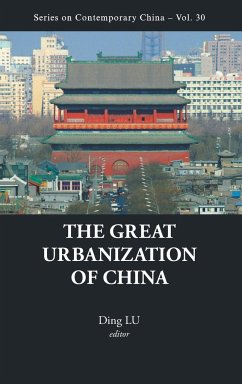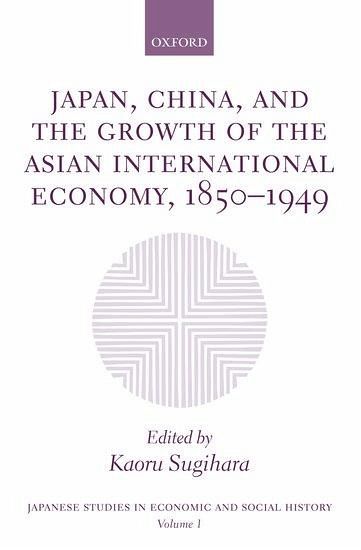
Japan, China, and the Growth of the Asian International Economy, 1850-1949
Versandkostenfrei!
Versandfertig in 1-2 Wochen
284,99 €
inkl. MwSt.

PAYBACK Punkte
142 °P sammeln!
Both the fall of the imperial monetary system and the rise of economic nationalism in the early twentieth century reflected increasing contacts with the Asian international economy. Third, a study of intra-Asian trade and migration helps us understand the nature of colonialism and the international climate of imperialism. In spite of the adverse political environment, East Asian merchant and migration networks exploited economic opportunities, taking advantage of colonial institutional arrangements and even political conflicts. They made a contribution to national and regional economic development in the politically more favourable environment after the Second World War, by providing the valuable expertise and entrepreneurship they had accumulated prewar. The character of the international order of Asia, governed by Western powers, especially Britain, but shared also by Japan for most of the period, was "imperialism of free trade", although it eventually collapsed by the late 1930s.
Modern Asian economic history has often been written in terms of Western impact and Asia's response to it. This volume argues that the growth of intra-regional trade, migration, and capital and money flows was a crucial factor that determined the course of East Asian economic development.





